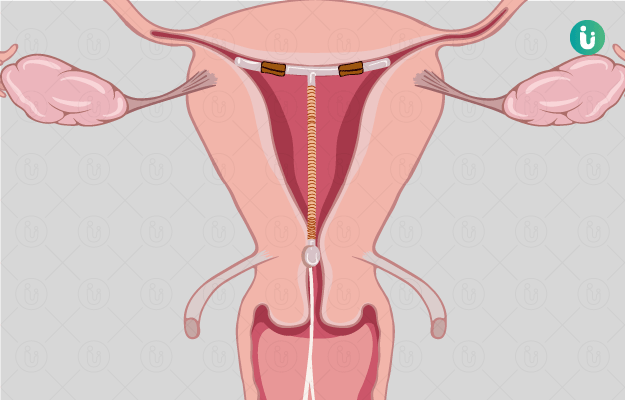The placenta is a vital organ. It has a huge role to play in the development of your baby. This structure develops inside the uterus by the middle of your first trimester and supplies oxygen and nutrients to your baby via the umbilical cord. The placenta automatically exits the body during delivery or after your baby is safely delivered.
The placenta usually attaches itself to the top, side, front or back of the uterus. If at any stage during the pregnancy the placenta partially or wholly detaches from the uterine wall, then this condition is called placental abruption. While rare, placental abruption is a very serious complication and can jeopardize the well-being of both mother and baby. Here is everything you need to know about placental abruption.







































